The session, held behind closed doors, was attended by the oil and interior ministers.
Behrouz Nemati, the spokesman of the Parliament’s presiding board, told reporters that “there will be no increase in gasoline price.”
He also said there will be no “limits” for the consumption of gasoline. According to him, the revival of the smart fuel card is only intended to prevent smuggling of gasoline.
The fierce opposition to raising gasoline price by MPs has been a source of economic headache. Some analysts say since they are facing reelection in February, they oppose increasing gasoline prices.
But finding a seat in the Parliament must not be above national resources. These MPs are indifferent to this bitter fact that gasoline consumption has increased to the astonishing level of 100 million liters per day and its use is increasing day by day as more cars are hitting the streets.
Unfortunately, the price of gasoline is extremely low in comparison to other goods. Its low price has created a situation for an insatiable use of private cars.
Those MPs who are so sensitive toward an increase in gasoline prices don’t seem to be that much concerned about high rises in prices of basic commodities such as rice, meat and sugar, etc.
If MPs are really concerned about public welfare, especially the poor and lower-income classes, they can allocate the money from an increase in gasoline prices to subsidize basic commodities.
Economically speaking, at a time that Iranians are facing cruel and illegal sanctions and a considerable percentage of the 85 million population are worried about the cost of basic commodities, allocating billions of euros in subsidies to gasoline is adding salt to the wound.
The approach that the Parliament has adopted is not what is essentially needed to counter sanctions. It seems a majority of the MPs are ignorant of this fact that cruel persons such as John Bolton and Mike Pompeo are resorting to every means to close all Iran’s sources of incomes to strangle its economy.
In such a difficult situation, spending billions of euros to subsidize gasoline is an indirect help to enforcers of sanctions.
MNA/TT


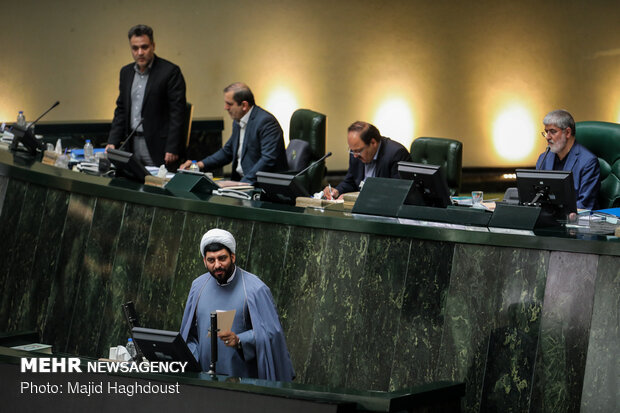



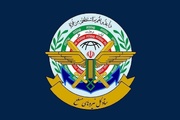
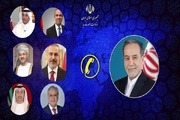

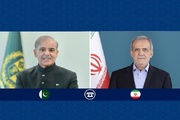


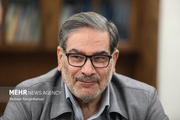


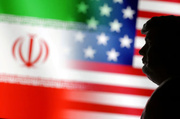





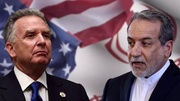
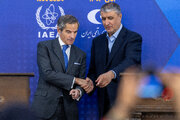



Your Comment